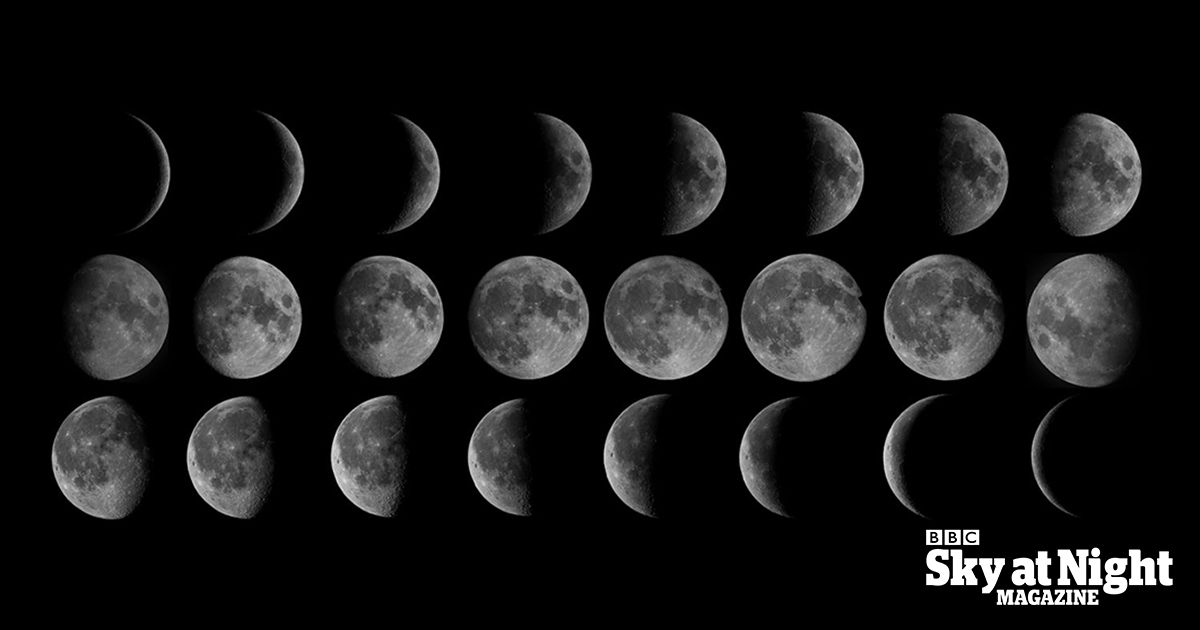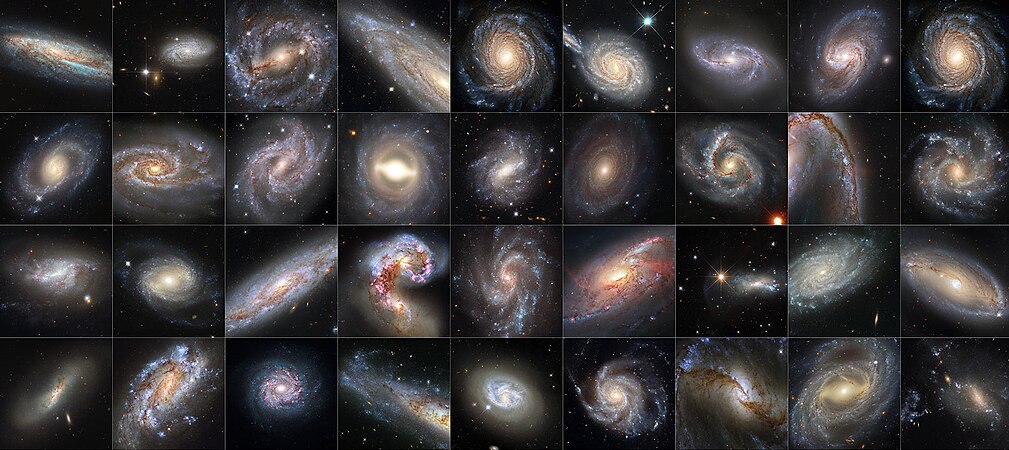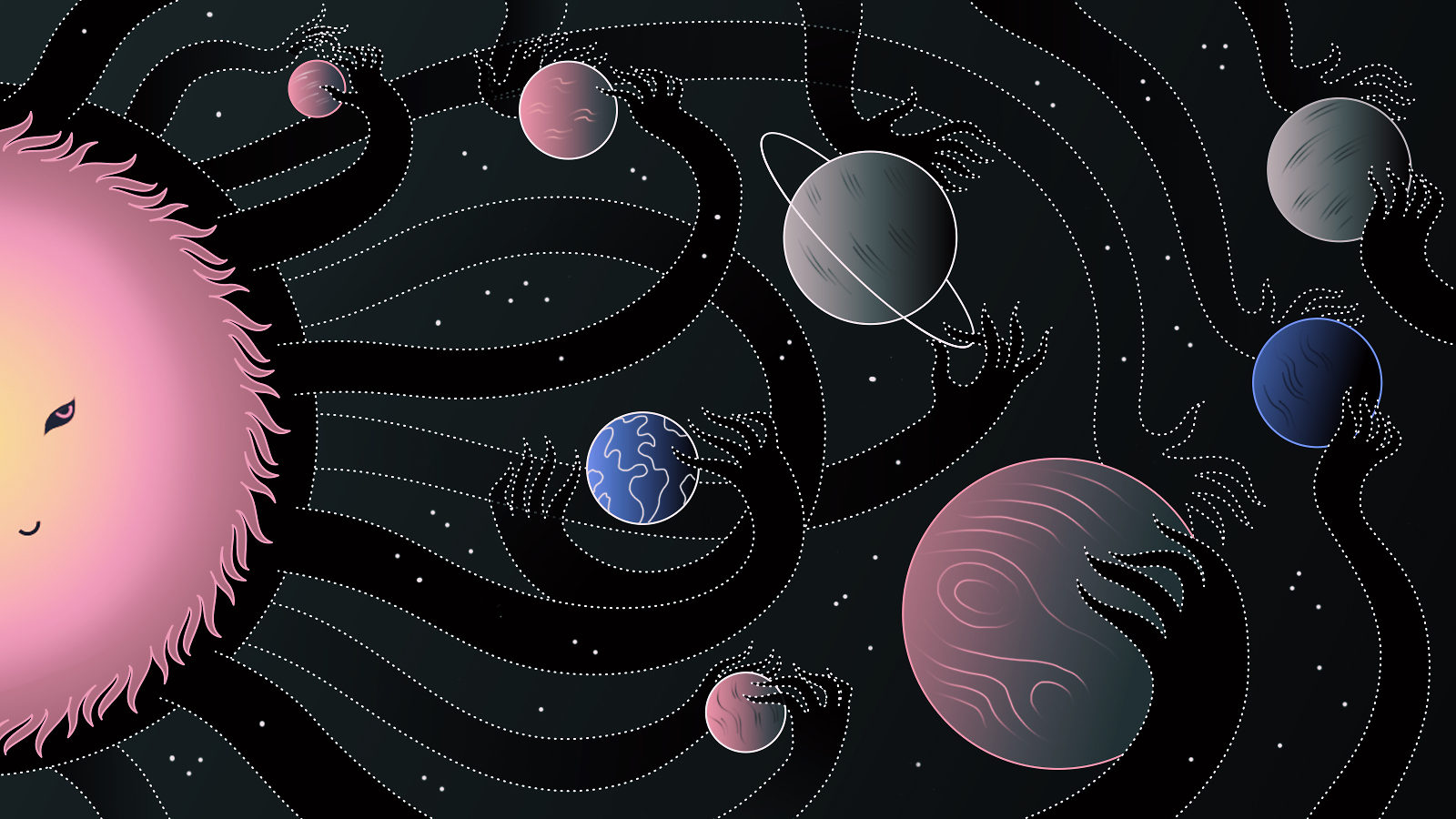Moons are natural satellites that orbit planets. They come in a wide variety of sizes, compositions, and distances from their parent planets.
The Moon: Earth’s Constant Companion
- Formation: The most widely accepted theory for the Moon’s formation is the Giant Impact Hypothesis, which suggests that a Mars-sized object collided with Earth billions of years ago, ejecting material that eventually coalesced to form the Moon.
- Physical Characteristics: The Moon is about one-quarter the size of Earth and has a heavily cratered surface. It has a very thin atmosphere and lacks tectonic activity.
- Influence on Earth: The Moon’s gravitational pull is responsible for Earth’s tides, which have significant impacts on marine life and coastal ecosystems.
Other Notable Moons
- Io (Jupiter): Io is the most volcanically active body in the solar system, with hundreds of volcanoes.
- Europa (Jupiter): Europa is covered in a thick layer of ice and may harbor a subsurface ocean, making it a prime target for the search for extraterrestrial life.
- Titan (Saturn): Titan is the largest moon in the solar system and the only known moon with a dense atmosphere. It has lakes and rivers of liquid methane and ethane.
- Enceladus (Saturn): Enceladus is a small moon with geysers that eject water vapor and ice particles into space, suggesting the presence of a subsurface ocean.
Moons and Planetary Formation
Moons can provide valuable insights into the formation and evolution of their parent planets. For example, the moons of Jupiter and Saturn are thought to have formed from the same material as their parent planets, while some moons may have been captured by planets through gravitational interactions.
Future Lunar Exploration
The Moon is a prime target for future space exploration, with plans to establish a permanent lunar base. The Moon’s resources, such as water ice and helium-3, could be used to support human settlements and provide fuel for spacecraft.
Moons are fascinating celestial bodies that offer valuable insights into the formation and evolution of our solar system. As we continue to explore the universe, moons will play an increasingly important role in our understanding of the cosmos.
Would you like to learn more about a specific moon or the role of moons in the solar system?



